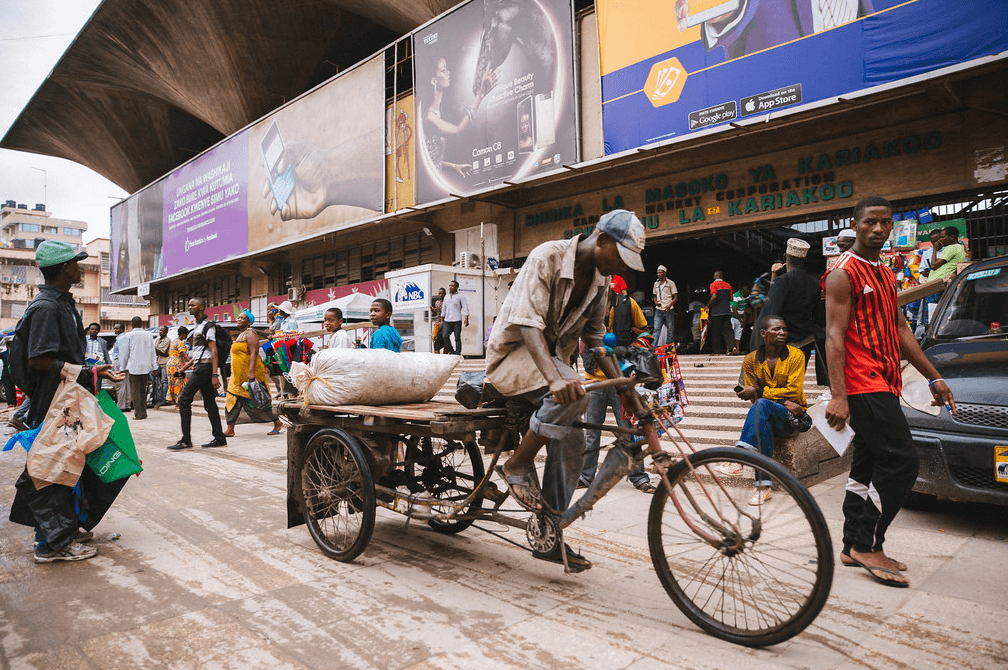Defining the term middle class needs a lot of consideration. It involves social status, education level, occupation status and income. According to the African Development Bank (AfDB), the African middle class is the group that earns from USD 2 to USD 20 a day. African Development Bank suggests that around 34% of the people in the continent belong to this group. The middle class in Tanzania is growing rapidly and it comprises of around 5 million people, this has been geared by the easy-breezy access of economic opportunities by all group of people in the country.
Middle-Class Political Engagement
Political decisions enormously affect our lives; the laws and policies formulated by our political class determine the price of bread, the cost of fuel, the percentage of taxes we are subjected to pay, and the fees we are supposed to pay for our children’s education no one is sidelined from political decisions impacts. In Tanzania, about 14 million people live below the national poverty line, and almost 50% of the population live below USD 1.90 per day; the majority of people in this group that live below the poverty line make them electoral significant compared to the middle class.
Much literature has endorsed the middle class as pro-democratic and a carrier for economic development. It is also well known for activism in civil society. This has been a different case in Tanzania. Tanzania’s middle class is youthful and has a great potential to make change through political engagement. Unfortunately, our brothers and sisters, most loan products in banks are tailor-made for them and can be accessed easily.
Their sons and daughters have the privilege to attend English medium schools or international schools where they are taught French, Chinese and other foreign languages; these people look like their shoes pinch less to all hardships of life caused by the decision of our ruling class brothers and sisters.
An extravagant vacation destination basking in the sun on the white sand beach with a high-end brand phone surfing on the internet about the next Japanese second-hand car you want to buy will only make you forget about the issues of power rationing, sugar availability and the unpredicted fuel price. Still, it will never end, no matter how many passport stamps you collect while travelling.
Read related: A Closer Look at Black Tax: The Elephant in the Room.
The middle class should start engaging itself in casting votes. In 2020, Tanzania had 29,754,696 registered voters, but only 15,091,950 (50,72%) turned out to vote; about 49.27 % of the registered voters did not vote. There are several reasons why people did not turn out to vote. One of them is people, especially in urban areas where the majority of the middle class resides, who continue their daily social activities as planned since they bother less about electoral politics.
If the middle class mainly involves well-educated people with the knowledge to analyse various phenomena, votes can help elect leaders who understand the needs of the public. Our middle class has been distancing itself from the realm of politics. It’s time it claimed its share as an important political actor.
Socio-economic and Political Progress
Economic progress has significantly changed the lives of millions for the better version. Social and economic progress with lagging social and political gain has always proved insignificant. Humans have aspirations for a better life and future. These aspirations have driven progress in various aspects, including politics, and political power has been key in unlocking various doors in social and economic progress.
Probably, it has been a master key. Socio-economic progress will cease without proper laws and policies that create favourable environments. An achievement in economic progress goes simultaneously with achieving political goals.
The political institutions can be formal or informal. Still, both can harm economic progress, the size of the government executives these are our dear friends who bless us with the traffic jams with their motorcade every day, the number of seats that each party has in the parliament, whether the parliament is one party rubber stamp government or has a democratic representation of other parties too can reflect what your PAYE (pay as your earn) tax will be at the end of the month when democracy is exercised favourable institution for investment tends to push the economic development of the society and individuals at large.
There are plenty of causes of poverty. The decisions of the ruling class in influencing one industry or corporation over the other can lay jobs, causing millions of people not to afford their daily bread. Any effort taken by man in alleviating poverty politics is an essential element also to be considered, the changes of its political conduct initiate the aspirations of better life and changes in ideology.

